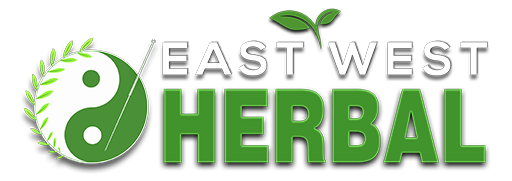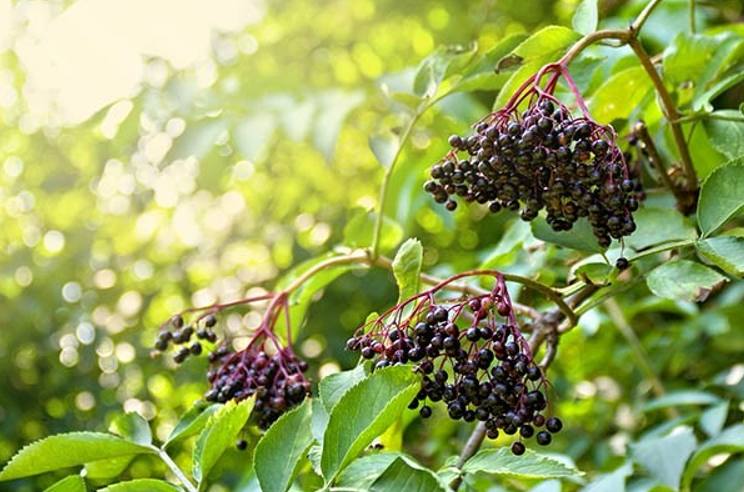Updates
Herbal Remedies for a Stronger Immune System: Exploring the Benefits of Echinacea, Elderberry, and Garlic
The immune system is an essential defense mechanism in the human body that helps protect against harmful pathogens such as bacteria, viruses, and other microorganisms. A healthy immune system is necessary for maintaining good health and preventing diseases. While there are many ways to support the immune system, one approach is through the use of herbs. In this article, we will discuss three herbs that can help boost the immune system.
Echinacea is a popular herb that has been used for centuries to support the immune system. It is a flowering plant that is native to North America and has been traditionally used by Native Americans to treat various ailments. Echinacea is available in different forms, including capsules, tablets, and tea.
Studies have shown that echinacea can help boost the immune system by increasing the production of white blood cells, which are responsible for fighting off infections. It also contains compounds that have anti-inflammatory properties, which can help reduce inflammation in the body. Inflammation is a natural response of the immune system, but excessive inflammation can lead to chronic diseases.
Echinacea can be taken as a preventative measure to boost the immune system or as a treatment for colds and flu. It is important to note that echinacea should not be taken by people with autoimmune diseases or allergies to plants in the daisy family.
Elderberry is another herb that has been traditionally used to support the immune system. It is a small tree or shrub that is native to Europe and North America. The berries of the elderberry plant are rich in antioxidants and vitamins that can help boost the immune system.
Studies have shown that elderberry can help reduce the duration and severity of colds and flu. It contains compounds that have antiviral properties, which can help prevent the replication of viruses in the body. Elderberry also has anti-inflammatory properties, which can help reduce inflammation in the body.
Elderberry can be taken as a syrup or a capsule. It is important to note that elderberry should not be consumed raw as it can be toxic. It is also not recommended for pregnant or breastfeeding women.
3 Garlic
Garlic is a commonly used herb in cooking that has many health benefits, including supporting the immune system. It is a member of the allium family, which also includes onions, shallots, and leeks.
Garlic contains compounds that have antiviral, antibacterial, and antifungal properties, which can help prevent infections. It also contains antioxidants that can help reduce inflammation in the body. Studies have shown that regular consumption of garlic can help reduce the risk of colds and flu.
Garlic can be consumed in many different forms, including raw, cooked, or as a supplement. It is important to note that garlic can interact with certain medications, including blood thinners, so it is important to talk to a healthcare provider before taking garlic supplements.
Conclusion
In conclusion, there are many herbs that can help support the immune system, including echinacea, elderberry, and garlic. These herbs contain compounds that have antiviral, antibacterial, and anti-inflammatory properties, which can help prevent infections and reduce inflammation in the body. While these herbs can be taken as a preventative measure, it is important to talk to a healthcare provider before starting any new
supplement or herb, especially if you have a preexisting condition or are taking medication. A healthy immune system is essential for maintaining good health, and incorporating these herbs into your diet can be a natural way to support your immune system.
1 Echinacea:
Barrett, B. (2003). Medicinal properties of Echinacea: A critical review. Phytomedicine, 10(1), 66-86.
https://doi.org/10.1078/094471103321648692
2 Elderberry:
* Roschek Jr, , Fink, R. C., McMichael, M. D., Li, D., & Alberte, R. S. (2009). Elderberry flavonoids bind to and prevent H1N1 infection in vitro. Phytochemistry, 70(10), 1255-1261. https://www.ncbi.nlm.nih.gov/pubmed/19682714
* Hawkins, J., Baker, C., Cherry, L., & Dunne, E. (2019). Black elderberry (Sambucus nigra) supplementation effectively treats upper respiratory symptoms: A meta-analysis of randomized, controlled clinical trials. Complementary Therapies in Medicine, 42, 361-365. https://www.ncbi.nlm.nih.gov/pubmed/30670267
3 Garlic:
Arreola, R., Quintero-Fabián, S., López-Roa, R. I., Flores-Gutiérrez, E. O., Reyes-Grajeda, J. P., Carrera-Quintanar, L., & Ortuño-Sahagún, D. (2015). Immunomodulation and anti-inflammatory effects of garlic compounds. Journal of Immunology Research, 2015, 401630. https://www.ncbi.nlm.nih.gov/pmc/articles/PMC4417560/


















